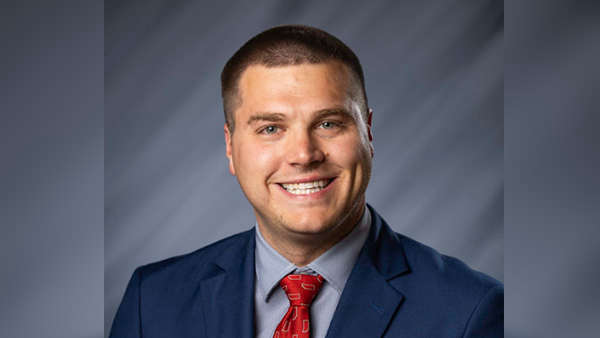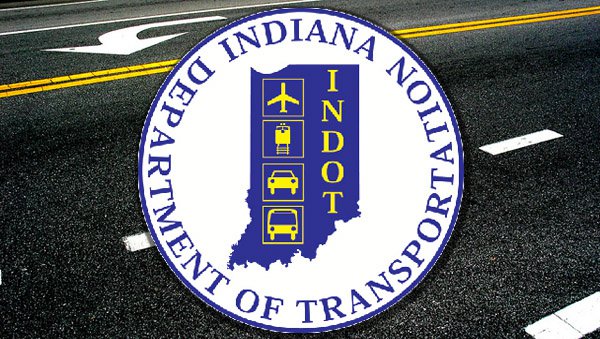By Mike Perleberg Ohio County, Indiana. Image source: stats.indiana.edu (Indianapolis, Ind.) - Some of Indiana's smallest pieces of government could be on the chopping block as part of a plan to save taxpayers money. Republican House Speaker Brian Bosma (R-Indianapolis) unveiled Thursday a plan which could eliminate more than 300 of the state's 1,005 townships. The proposal, which could be part of House Bill 1005, would merge townships with less than 1,200 residents over the next five years, The Fort Wayne Journal-Gazette reports. Using that population figure, the proposed legislation would target three of four townships in tiny Ohio County: Cass, Pike, and Union. Those townships each have less than 1,200 residents, according to Stats Indiana, a data website maintained by the Indiana Business Research Center at Indiana University's Kelley School of Business. Dearborn County’s Ceasar Creek and Hogan townships could also be merged with others. So could Jackson and Shelby townships in Ripley County. Township government is typically responsible for helping fund local fire service and poor assistance. But supporters of their elimination argue they are an antiquated form of government that was more useful before citizens could easily travel by motor vehicle to their county courthouse or use the Internet to conduct business with the government. This is just the latest attempt at reforming township government in Indiana. Former Governor Mitch Daniels had floated the idea of eliminating township government after a bi-partisan commission in 2007 recommended doing so. State Rep. Cindy Ziemke (R-Batesville) last year authored a bill to scrap township advisory boards, but the legislation never made it out of committee. The elimination of township advisory boards have been targeted by reform in the past, but HB 1005 does not seek to eliminate them unless a small township is merged to a neighboring township, thus combining their resources and tax bases. The cost savings for taxpayers would come in the elimination of those three board members and their compensayion from absorbed townships.

 Bascom: New Laws Take Effect July 1
Bascom: New Laws Take Effect July 1
 2025 Future Generations Scholarship Provides $64K to Rising Sun Graduates
2025 Future Generations Scholarship Provides $64K to Rising Sun Graduates
 Indiana Cigarette Tax Increases to $2 Per Pack
Indiana Cigarette Tax Increases to $2 Per Pack
 All-Way Stop to be Installed on State Road 1 in Dearborn County
All-Way Stop to be Installed on State Road 1 in Dearborn County
 Truck vs. Utility Pole Accident Reported in Sunman
Truck vs. Utility Pole Accident Reported in Sunman
 Osgood Entrepreneur Passes Away at 66
Osgood Entrepreneur Passes Away at 66













